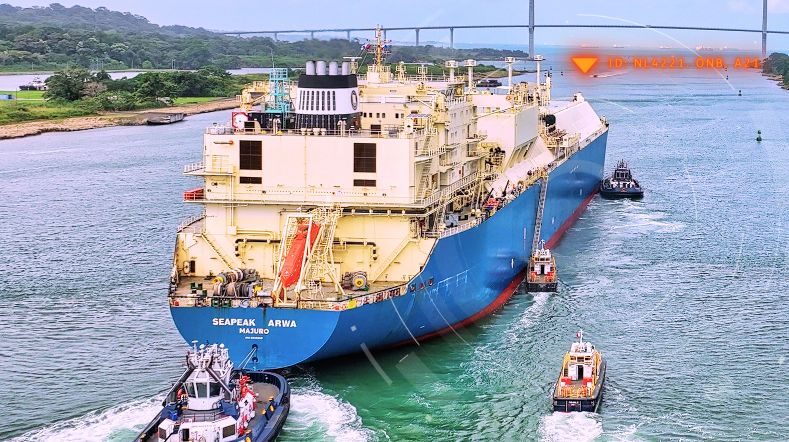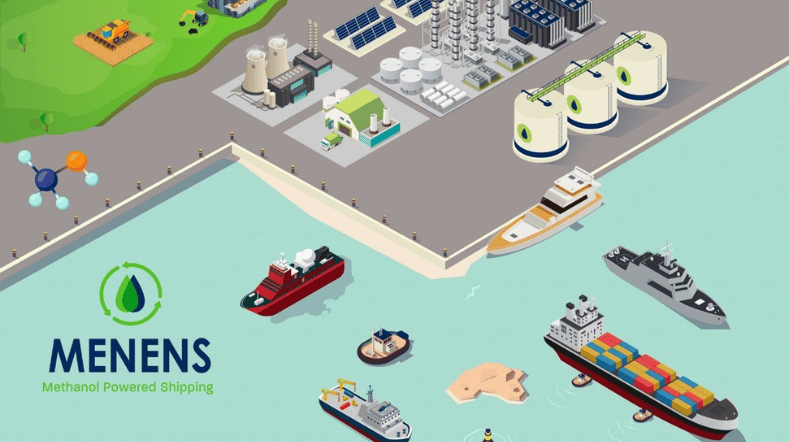
The transition to sustainable shipping
At TNO, we support the maritime energy transition by developing and validating sustainable technologies for internal combustion engines, fuel cells and batteries. We combine this with insights on the energy demand and operational profiles of different ship segments and developments of bio- and e-fuel.
In concrete terms, this means a 40% reduction in CO2 per ship by 2030 and a 50% reduction for all shipping worldwide by 2050. To achieve this, we work in three domains.
1. Scenario setting & emission monitoring
Setting scenarios for the national maritime energy transition via supply chain analyses, supply and demand modelling as well as cost factor analyses for current fossil fuels, bio- and e-fuels, i.e. diesel, natural gas, hydrogen, methanol and ammonia. We are actively creating the interaction via our technology/energy transition insights for policy advice on national and international levels.
We base our scenarios on insights on the real life energy consumption and emissions. We measure GHG and harmful emissions using different TNO laboratories equipped for testing under realistic and extreme conditions. We translate this data into practical emission models.
Expertise group sustainable transport an logistics
For sustainable mobility, we research the emissions and energy use of vehicles and vessels. We also analyse traffic flows to make them smarter and more efficient. In logistics, we help to accelerate sustainable innovations by organising pilots. Our insights offer policymakers and businesses options for action, for today and tomorrow.
2. Development of sustainable power trains
In various laboratories we test Power, Propulsion and Energy (PPE) systems for maritime applications, e.g. internal combustion engines using different alternative fuels, fuels cells e.g. PEM, HT-PEMor SOFC and batteries. We develop models to determine ICE, battery and fuel cell efficiency, lifetime and degradation in maritime circumstances, e.g. ship motions, salty environments, etc.
Together with industry partners we also evaluate existing systems for motor management and Power Management Systems through monitoring of system behavior in real world conditions.
Furthermore, we also develop effective solutions for shore power connections for ships. Next to a maritime dimension, this involves developments in the energy grid ashore which is another strong knowledge domain within TNO.
3. Ship based carbon capture and aftertreatment
We facilitate cost effective and robust climate neutral shipping via the development and implementation of ship-based carbon capture (SBCC) by demonstrating its use on board LNG-fuelled ships and moving it closer to market readiness. We develop integrated aftertreatment concepts includingmitigating NOx and other potential harmful emissions with capture of CO2. Important research topics include system efficiency, system degradation, life time expectancy in maritime conditions and integration of the system into existing ship and port infrastructure.
Get inspired
TNO opens test cell for sustainable marine engines


New testing facility enables safe experimentation with liquid hydrogen


Wind energy webinars

Ship materials and structures

Naval and Offshore Structures



